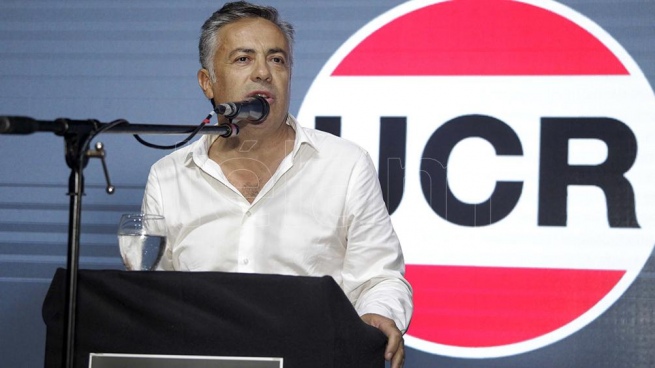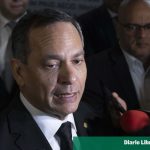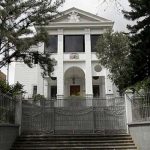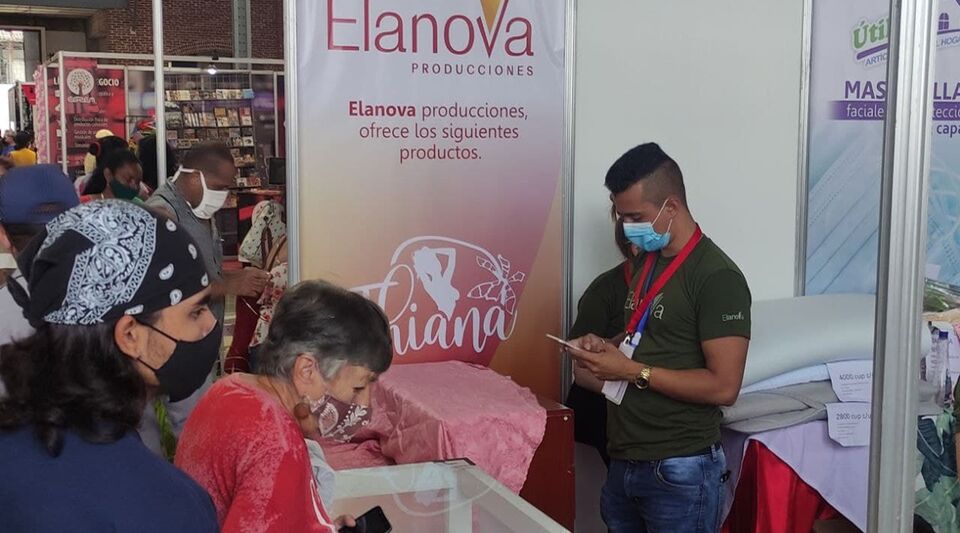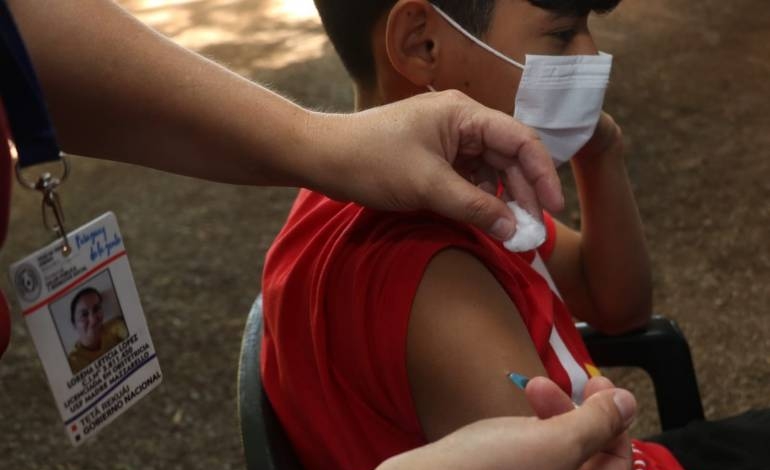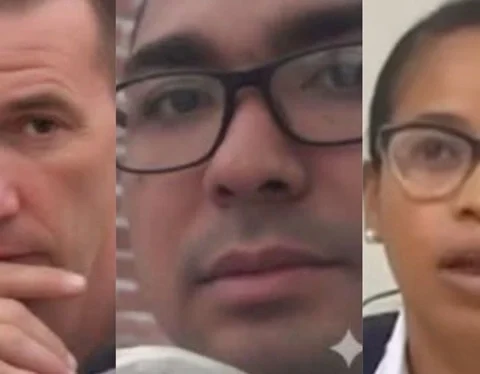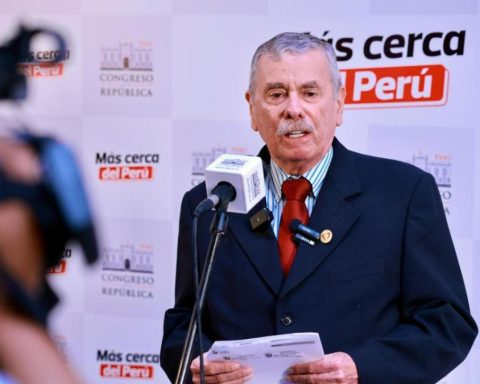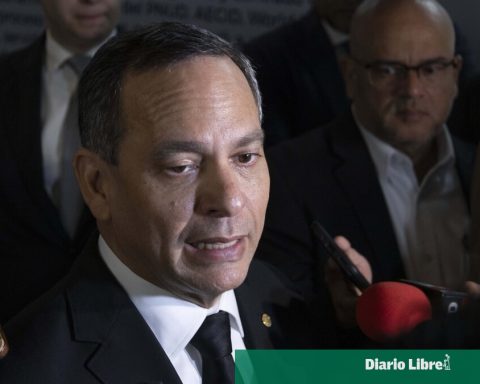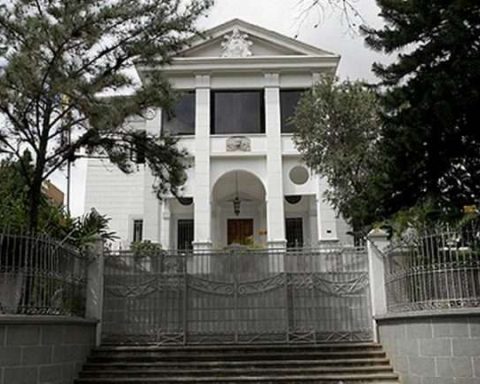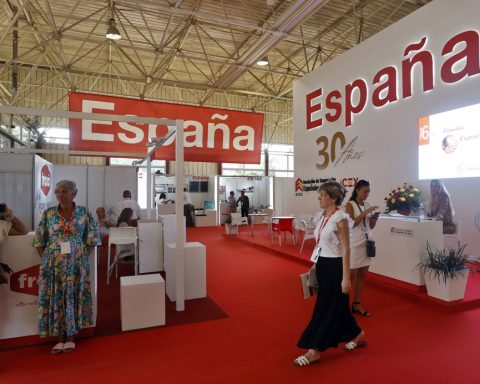After raising the profile within the Together for Change coalition, the UCR will continue with internal elections in which it will soon have to renew the authorities of the National Committee and the National Convention of that party, in a replacement that will seek to give it the tools and begin to outline the figures that will fight for more prominence within JXC for 2023.
This change of authorities will be fundamental since both the National Committee and the National Convention are the ones that define electoral alliances and party candidacies, and radicalism has strong expectations of get the next Juntos por el Cambio presidential candidate out of their ranks (JXC), the front that he formed in 2015 together with the Civic Coalition, PRO and Peronist sectors.
In December, former Mendoza governor and senator-elect Alfredo Cornejo should leave his post at the head of the National Committee and a new leadership must be chosen.
Possible candidates

So far, the Jujuy governor Gerardo Morales placeholder image and the senator Martin Lousteau they expressed their ambitions to occupy that position, and for months they have gathered votes -among the 96 delegates to the committee from all the provinces- to achieve it.
This week the governor of Corrientes joined them Gustavo Valdes, that after the wide triumph in his district was proposed as the consensus candidate.

To the surprise of several, Morales (among the radicals most critical of Mauricio Macri) met in recent days with the head of the PRO, Patricia Bullrich, and did not rule out sharing presidential formula.
Meanwhile, Lousteau’s strategy is to advance from its stronghold in the Buenos Aires UCR towards the provinces through his arrival in the party’s university membership, but for that you must break the distrust of the sectors that fear that he will resign a UCR presidential candidacy in exchange for a promise from the Buenos Aires head of government, Horacio Rodríguez Larreta, that he will be his successor in the City.

For now the election would be in December, but the Lousteau sector asks to postpone it until March, looking for more wills.
In the coming days we will define whether the election of new party authorities will be in December or March “Alejandra Lordén, vice president of the UCR Committee
“In the next few days we will define whether the election of new party authorities will be in December or March. The objective is to carry out this process, together with the definition of the leadership of the legislative blocks, in a transparent and smooth manner, to continue positioning ourselves within the coalition as a predictable and institutionalized option, “the Committee’s vice president, Alejandra Lordén, told Télam.
The electoral landscape in Congress

As Lordén clarified, together with the new head of the party, the presidents of the blocks are elected, in a simultaneous negotiation that sometimes grants the presidency to one sector and the blocks to others.
It has been several periods since the radical Mario Negri commands the UCR block as well as the JXC interblock in Deputies, and both his opponent in Córdoba, the elected deputy Rodrigo de Loredo and Lousteau’s ally, Deputy Emiliano Yacobitti, they came out to challenge him.
In the Senate, the interblock is in the hands of the Formoseño Luis Naidenoff, and there are also applicants for that position, like Cornejo himself.

But the dispute to command the JXC interblocks (during all the macrismo in the hands of the radicals) is not only of the UCR: in Deputies the PRO promised to assert its numerical weight to seek the presidency.
Also the UCR National Convention will change hands: Jorge Sapia from Chaco will not be re-elected (close to Ángel Rozas), who throughout his tenure asked his party to leave JxC and brought several headaches to the organic leadership, for their statements against their partners and their own coreligionists.
Today the leadership and the main figures of the party have presidential ambitionsYes, but they think it would be next to impossible outside of the JXC umbrella.
“Of course 2023 is in our sights, we show that we are competitive and that we have human resources, values and ideas that justify our aspirations. But none of the inmates are above the collective project of radicalism“Lordén made clear.
Cornejo himself had shown himself this week, saying that “the tree should not cover the forest” and the priority of this political force is “the unity” of the opposition coalition, so he considered that “this is not the time” to install candidates ahead of the presidential elections of 2023.
“Our merit was to keep the opposition united,” Cornejo said this week in journalistic statements, asked about the result of last Sunday.
It will be necessary to see if everyone in his party thinks the same. In this framework, the eyes fall on Lousteau, the least organic of his co-religionists, and on the neuroscientist Facundo Manes, who landed in politics sure of his future as presidential.

Just this week Manes repeated that The UCR will seek to balance the correlation of forces and challenge its PRO partners for the hegemony of space, unchanged almost from the moment of the founding of JxC.
“The 2015-2019 coalition no longer exists,” said Manes, a deputy elected by Juntos in the province of Buenos Aires after facing the PRO list.
In journalistic statements, he affirmed that “radicalism stood up” and although “before there was a one-color dynamic,” it will be necessary to “get used to an opposition coalition with different identities.”
“We radicals want to lead the coalition and we are going to compete in all categories and all jurisdictions”, facing the presidential elections of 2023, the neuroscientist warned, so that there are no surprises.
